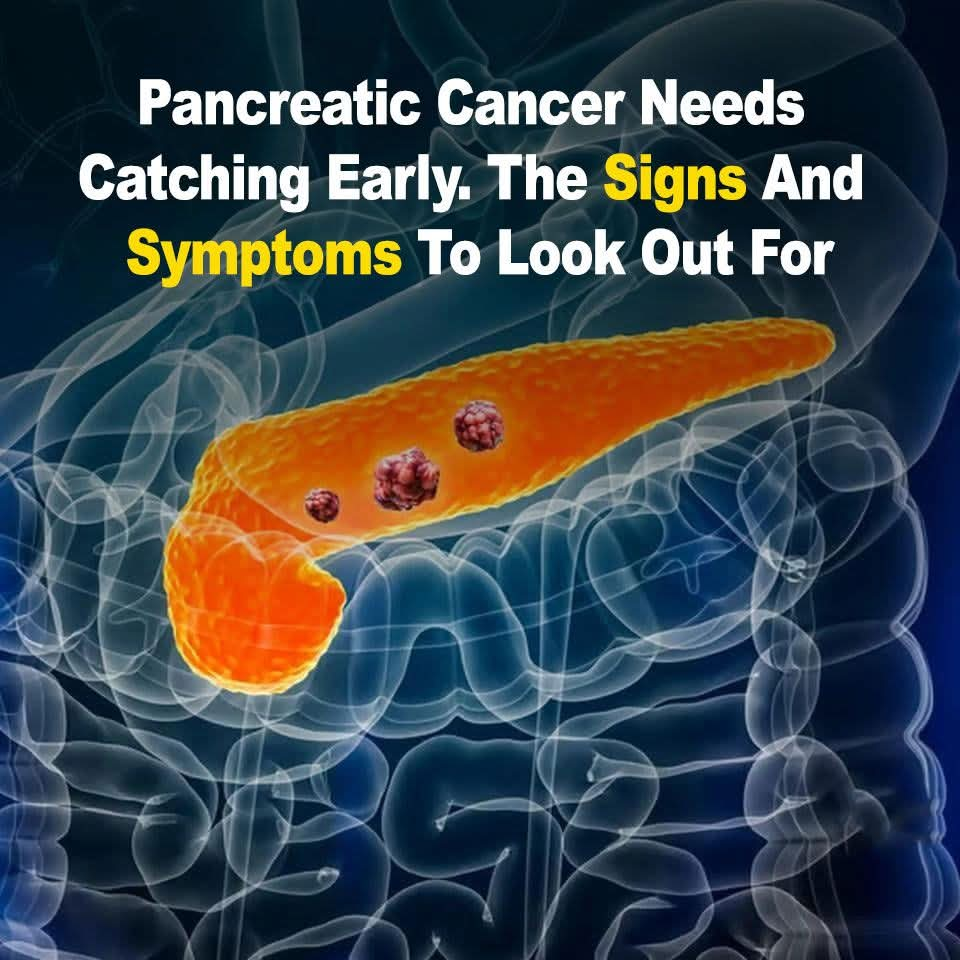Pancreatic Cancer: Never Ignore These 6 Warning Symptoms

Pancreatic cancer is often called a silent killer because its early symptoms are subtle and easy to dismiss. But recognizing these warning signs can be life-saving. Early detection greatly improves treatment outcomes, so it’s important to listen to your body.
1. Unexplained Weight Loss
If you’re shedding pounds without trying, and nothing in your diet or routine has changed, it could be a red flag. Cancer cells consume energy, and tumors can impact digestion and appetite, leading to sudden weight loss.
2. Jaundice (Yellowing of Skin and Eyes)
Pancreatic tumors can block the bile duct, leading to a buildup of bilirubin. This causes yellowing of the skin and eyes, dark urine, light-colored stools, and itchy skin. Even if painless, jaundice should never be ignored.
3. Persistent Upper Abdominal or Back Pain
Dull or sharp pain that radiates from the upper abdomen to the back could be a sign the tumor is pressing on nearby organs or nerves. If it’s persistent and unexplained, consult a doctor.
4. New-Onset Diabetes
The pancreas helps regulate blood sugar. A tumor may disrupt insulin production, leading to sudden diabetes in people who’ve never had it. This is especially suspicious in people over 50 with no family history.
5. Digestive Problems and Nausea
Pancreatic cancer may cause bloating, nausea, indigestion, or vomiting—especially after meals. The tumor may obstruct parts of the digestive system, interfering with digestion.
6. Fatigue and Weakness
Constant tiredness not relieved by rest can be a subtle early warning sign. Cancer drains the body’s energy and affects red blood cell production, leading to anemia and fatigue.
FAQs
Can pancreatic cancer be detected early?
It’s difficult due to vague symptoms, but new-onset diabetes or jaundice in someone without liver disease should prompt further testing.
What tests are used for diagnosis?
Imaging like CT scans, MRIs, and endoscopic ultrasounds, along with blood markers like CA 19-9, are used to detect pancreatic cancer.
Are these symptoms always caused by cancer?
No, these signs may have other causes. But persistent or multiple symptoms together should not be ignored.
Who is at higher risk?
People with a family history of pancreatic cancer, chronic pancreatitis, smoking habits, obesity, or diabetes are at higher risk.
Final Thought
Your body often whispers before it screams. If you notice any of these symptoms, don’t brush them off. Talk to your doctor, get tested, and stay informed—because early action can save lives.






